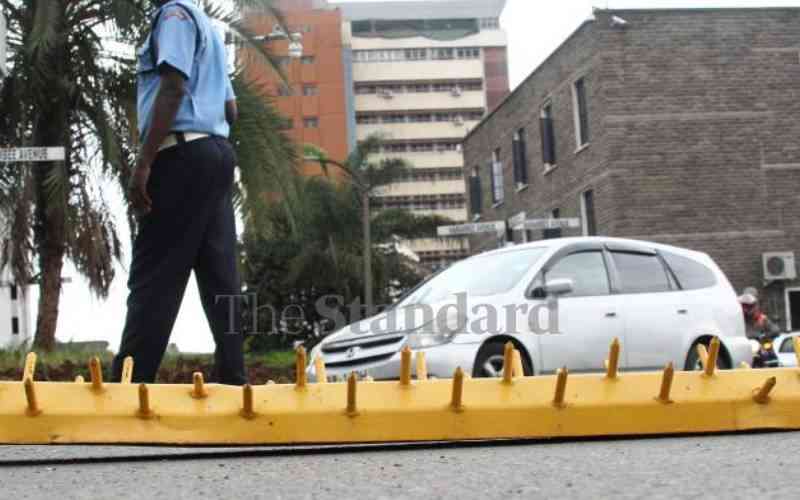×
The Standard e-Paper
Smart Minds Choose Us

Interior Security Cabinet Secretary Kindiki Kithure has declared that police checkpoints countrywide will be withdrawn.
I don't know if the roadblocks delayed him a few weeks ago, when he couldn't make his way to State House for a meeting with Prezzo Bill Ruto, and who demanded a written explanation for his tardiness.